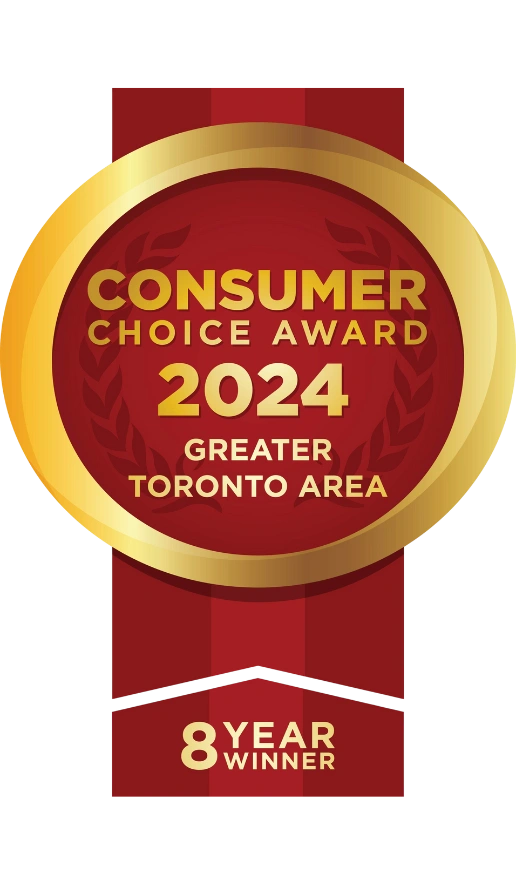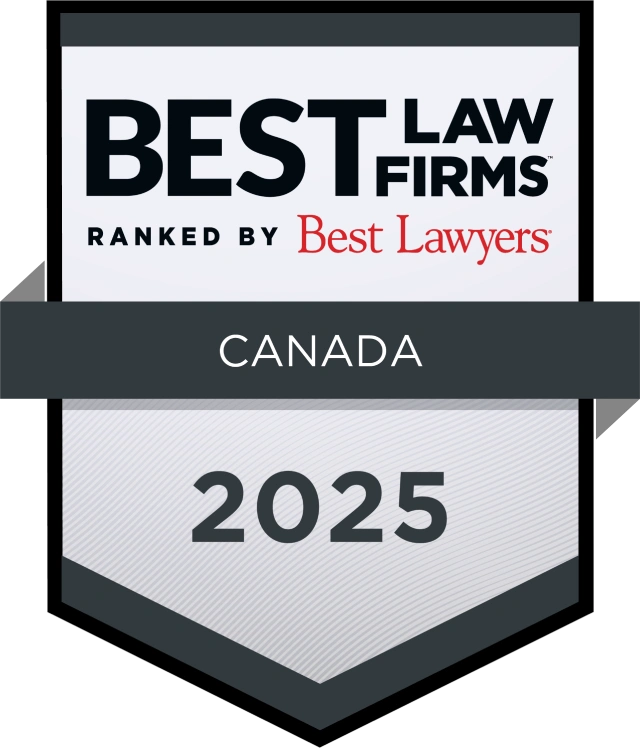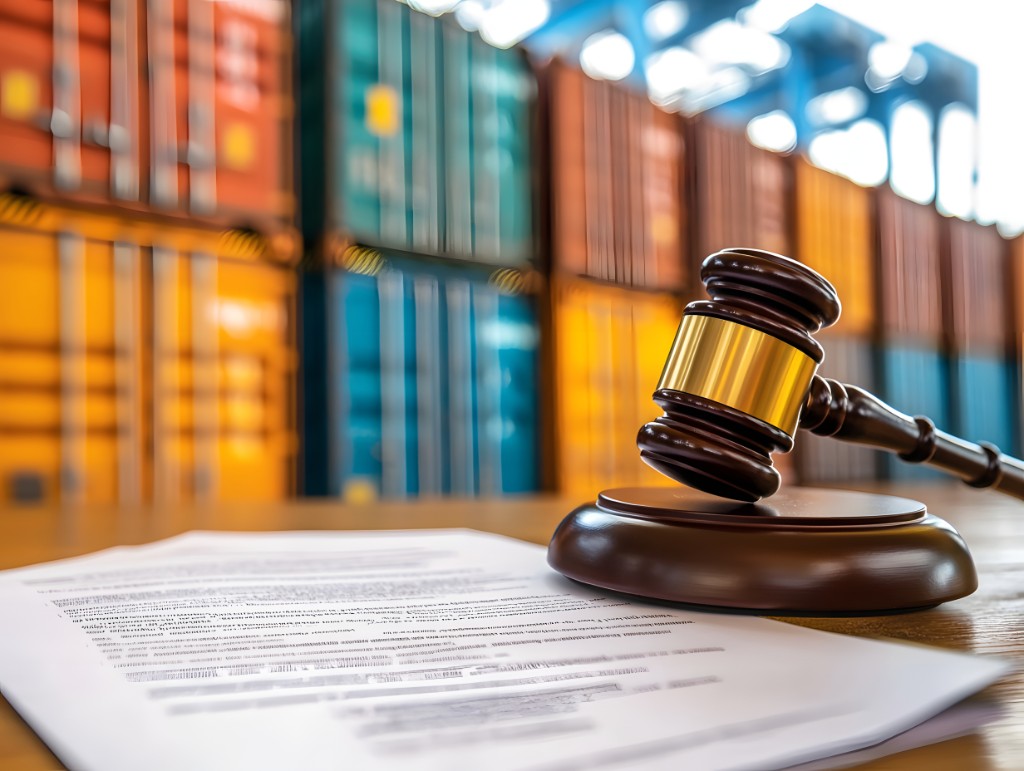London Defective Product Lawyer
Find out if you have a case today.
Contact our London defective product lawyers for a free consultation if you have legal questions regarding your defective product claim.
Table of Contents
Nobody expects to sustain injuries while using a commonplace household item. However, if the product was designed or assembled in a negligent manner or did not include proper safety instructions or warnings, the use of these consumer items could lead to serious injuries. If you were injured by a defective product, you may be able to pursue damages from the negligent parties or entities whose wrongful conduct led to your accident. To learn more, contact our London defective products lawyers by calling 1-800-JUSTICE and receive a free initial consultation on your case.
Types Of Defects
There can be many different defects in products, but they will each fall into one of three categories. These include design defects, manufacturing defects, or failure to warn.
Design Defects
Design defects are flaws that occur in the planning stages before a product is even manufactured. The manufacturer must have known, or reasonably known, about the flaw in the design and have had another alternative to the design of the product.
For instance, if a fan manufacturer included a guard on the front of the fan, but the guard had a gap of four inches, and a child’s fingers slipped through the guard and caused injury, this would be a viable claim for the defective fan.
Manufacturing Defects
Manufacturing defects occur during the process of actually making the product. A good example of a manufacturing defect is the faulty ignition switches released by General Motors. These ignition switches were found to automatically shut the engine off while vehicles were in operation, causing many problems, including preventing the airbags from inflating. Class action suits were filed for these defective products and were won.
Failure To Warn
Failure to warn is the last type of common defective product claim in London, and this occurs when the manufacturer has failed to state certain risks inherent with using a product. For instance, if a chainsaw manufacturer failed to warn that the product had a sharp blade or that users should use the chainsaw in a ventilated area due to toxic gas emissions, consumers could have a valid claim for a defective product.
Simply using a product improperly does not always guarantee that a claim for a defective product may be valid. When consumers have been injured by a product they believe may be defective, it is important they speak to a defective products lawyer in London.
LET US PUT OUR EXPERTISE TO WORK FOR YOU
Tell Us What Happened
Since 1959, we’ve helped thousands of Canadians get the compensation they deserve with their defective product claims. One of Canada’s oldest personal injury law firms, personal injury law is exclusively what we do. Book a free consultation today with our top-rated personal injury lawyers.
Our team is available 24/7 to speak with you.

Proving Negligence In Product Liability Cases
The Canada Consumer Product Safety Act provides guidelines for manufacturers and retailers about the creation and sale of products in order to keep all consumers safe. When manufacturers and retailers have not adhered to these guidelines, they may be found negligent for not acting in a reasonable manner in order to keep those who use their products safe.
Consumers who have been injured by a product must prove that the product was in fact defective. In the case of the chainsaw, for instance, if the consumer did not pay attention to the safety guidelines included with it and was injured as a result of not using it properly, it does not mean that the product was defective. In these instances, the consumer could be found at fault for the injury and not the manufacturer.
Once a defect has been found, the consumer must then also prove that the defect caused an injury. If there is no injury, there will be nothing to compensate, and so, these cases would not be considered to be valid product liability cases.
Contact Preszler Injury Lawyers
Cases involving defective products can be very complicated, especially for consumers who are not familiar with this area of law. For this reason, it is essential that injured individuals contact a London defective products lawyer.
Do you live in London? Here’s how we can help:
Proudly Canadian
Award Winning Personal Injury Law Firm
We are proud to be one of Canada’s oldest and long-standing personal injury law firms. Since 1959, we have been providing exceptional legal services and have established ourselves as leading personal injury lawyers in the Canadian legal community. It’s not just the awards that recognize our achievements, but also the wins we’ve achieved for thousands of Canadians with their defective product claims.



More defective product Topics
Here’s more information on defective product related topics that we think you might find helpful.

accident benefits
|
December 6, 2017
Ontario Personal Injury Claims: What are My Rights?
Every year in Ontario, tens of thousands of Ontarians suffer personal injuries as the result of motor-vehicle collisions, medical negligence, dangerous premises, defective products, and…

accident benefits
|
December 1, 2017
Ontario Tort Claims Explained
In Ontario, there are various types of tort claims with the most common types of tort claims being negligence claims. In the past, we published …
Got more questions?
If you have more questions or need legal help regarding defective product claims, contact our legal team for help.
We’re happy to help.
INJURED IN AN ACCIDENT IN London?
Book a FREE Consultation
With Our Legal Team Today
Our phone lines are available 24/7
During your free consultation you will find out if you have a case worth pursuing as well as answers to any legal questions you may have.
